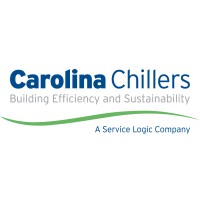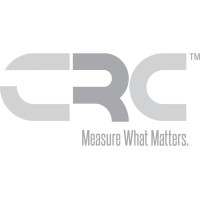
Carolina Chillers, LLC
Carolina Chillers, LLC specializes in HVAC service, installation, maintenance agreements, parts, equipment and equipment relocation, as well as complete system evaluations to determine building and facility efficiency. We are a licensed, full service mechanical contractor for all types of mechanical equipment including: air handlers, cooling towers, motors, pumps, valves, controls, variable frequency drives, data room HVAC, and chillers. Our customer base consists of commercial, medical, and industrial facilities and applications. Our solutions based philosophy and technical expertise are the foundations of our success and drive us in our pursuit of meeting our customers needs.






